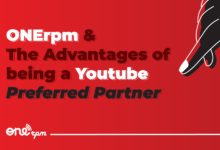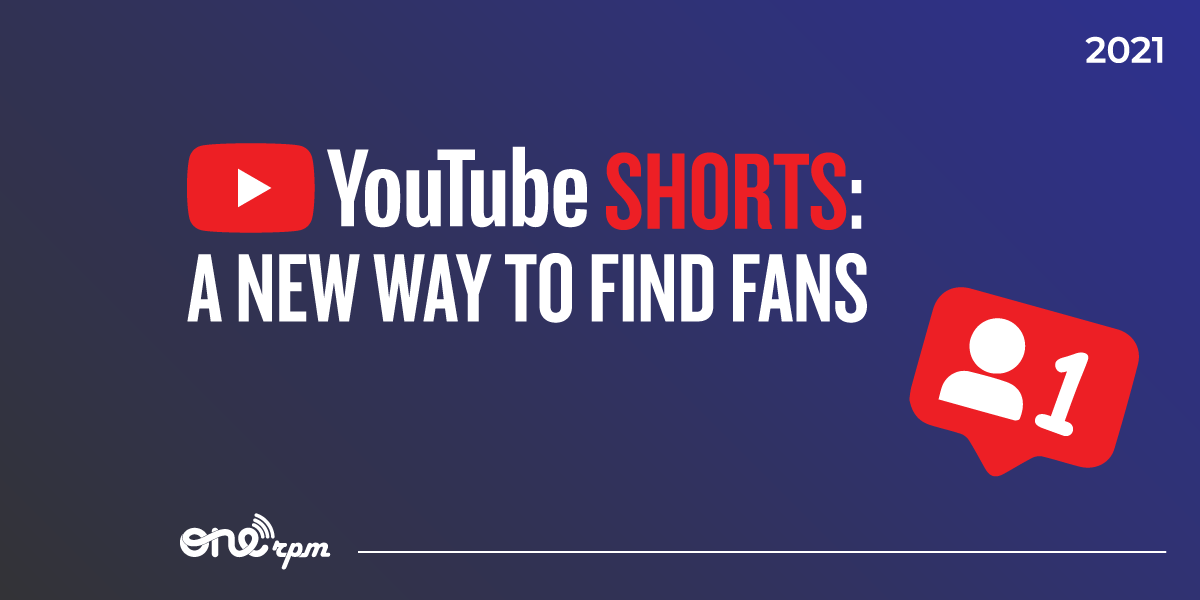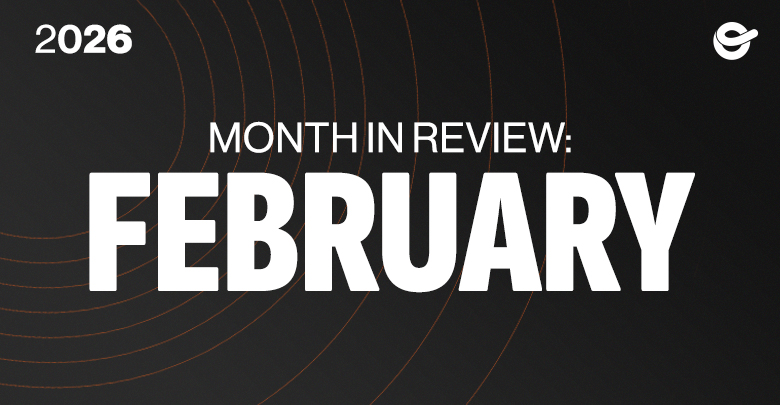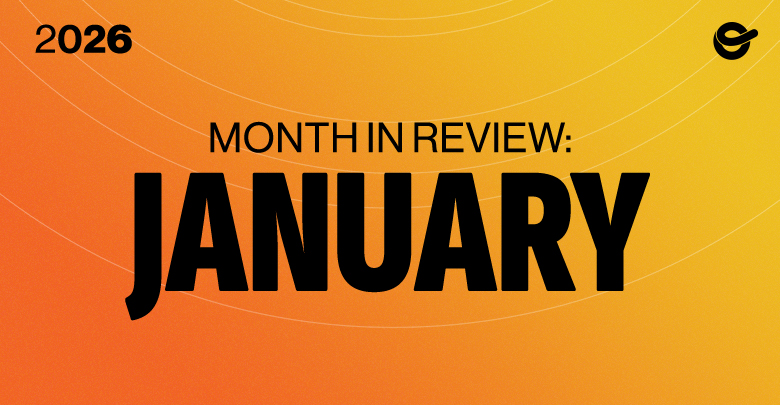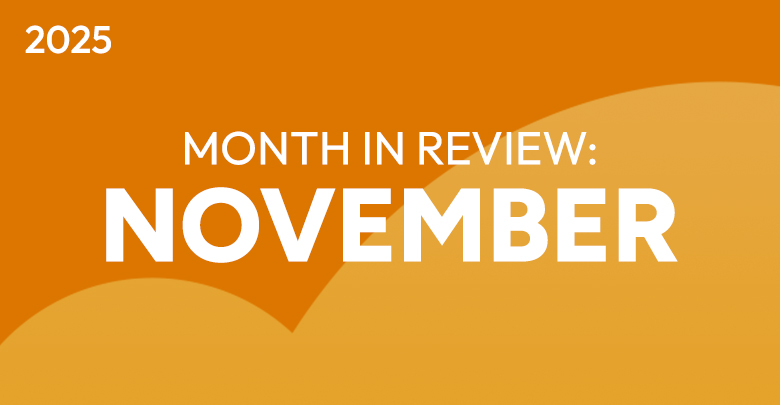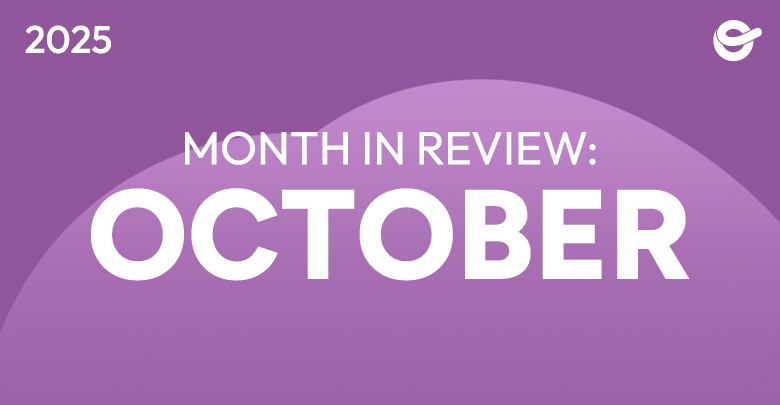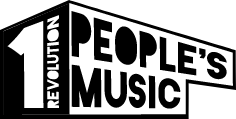
Are Sped Up Songs The Next Revolution In Music?
What Started As Social Media Trend is Now Sweeping The Industry
We’ve all heard it. You’re scrolling through TikTok or Instagram Reels and catch the familiar melody of a song, albeit with some changes. Whether it’s Joseline Hernandez’s “Vegas” or Nelly Furtado’s “Say It Right”, sped-up songs are taking the world by storm. Once limited to custom sounds users would add to their short-form videos, labels, creators, and artists are all now looking to tempo-alter their catalogs, in the hope of scoring the next big trending hit.
Where It Started
Although one would probably assume this is a relatively novel concept, sped-up songs have been floating around the internet for some time. YouTube and Soundcloud communities took charge here, taking underground records and flipping them into what were called “Nightcore” remixes. As early as 10 years ago, people were flipping timely hits like Cascada’s “Every Time We Touch” into high-octane remixes with breakneck tempos.
As time went on, Nightcore’s influence would begin bleeding into other mainstream forms of music, eventually leading artists like 100Gecs to emerge with heavily processed pop that can only be described as shot out of a cannon.
From Trend To Marketing Tool
In the current market, labels of every size are looking to drive growth to their tracks using sped-up songs. “Back in the day, we used club remixes to diversify the visibility of a record,” Universal Music’s Nima Nasseri recently told Billboard. The goal, in essence, was to create a longer runway that drives growth to the main release over a large window. Today, for a fraction of the price, a label or artist can have a recent release sped up by a TikTok account and watch as it accumulates streams and pushes new engagement.
The benefits here for all stakeholders are multi-pronged. For labels, catalogs can now find new life on social media just by having a sped-up version available for users to integrate into their content. Without a marketing or remix budget, new campaigns can be launched that drive growth to the actual release on streaming platforms. For artists, songs that may not have landed at initial release now have the opportunity to become a smash. A change in BPM can turn a track completely on its head, appealing to a fan who may not have enjoyed the original. For creators, new careers are being launched every day, as popular TikTok-ers ink deals with Major Labels to be the official creators of their sped-up songs.
The Downside
While speeding up your own songs can be an impactful way to grow your catalog, it’s often the case that sped up tracks emerge from seemingly nowhere, with sneaky internet DJ ninjas quick to hit the x2 button on your track, and release it as their own. This creates a tricky situation in which the sped up track becomes difficult for an artist to claim via copyright.
When these questionable tracks go viral, artists are then forced to make critical decisions about how to proceed. Pursue legal action, sacrificing the awareness a viral, unclaimed track provides, or let it ride out, and hope the cross over streams pay out more. Regardless, money is being left on the table.
Conclusion
Today sped up tracks are frequent and far-spread, with artists everywhere losing out while others hop on the wagon and release sped up versions of their tracks alongside the original. While this may seem like the obvious solution, tempo is something artists choose for a reason, and many would view this solution as one lacking in sophistication.
That said, this change in the market is sweeping, and powerful, and such powerful movement is likely to incite change. While sped up tracks are currently inhabiting a moral grey area within the industry, one would hope the coming year sees substantive change for the better. Better technology and clearer legislation would both go a long way in developing this new musical trend into a more legitimate genre with rules and regulations.




